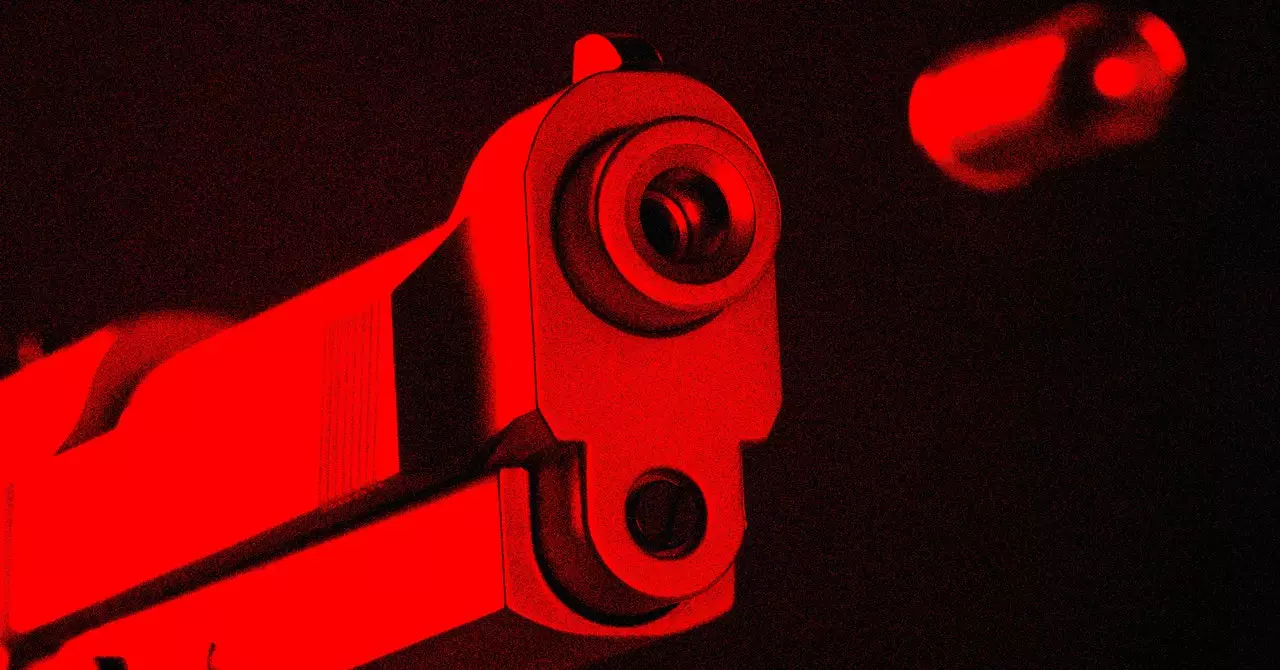The recent audit conducted in New York City revealed some troubling findings regarding the accuracy of the ShotSpotter system. According to the audit, only 13 percent of the alerts generated by the system could be confirmed as actual gunfire. The auditors criticized the lack of transparency from the NYPD in not publishing data about ShotSpotter’s accuracy. They deemed the department’s accountability measures as “inadequate” and “not sufficient to demonstrate the effectiveness of the tool.”
Following the audit in NYC, both Champaign and Chicago decided to cancel their contracts with Flock Safety and SoundThinking, respectively. Despite claims made by Flock Safety’s senior vice president, Josh Thomas, that their system is over 90 percent accurate at detecting gunshots, doubts have been raised about the reliability of these technologies. It’s alarming to note that only 6 percent of the true positive gunshot alerts were called in to 911 in a San Jose report, indicating a potential flaw in the system.
Professor Eric Piza from Northeastern University has conducted extensive research on gunshot detection systems. His studies have shown that police respond faster to shooting incidents identified by these systems, but there has been no significant reduction in gun-related crimes. In fact, areas with gunshot sensors were found to have a higher likelihood of false-positive incidents, leading to classification errors. This raises concerns about the overall effectiveness of these systems in preventing gun violence.
Recommendations and Responses
The New York City comptroller has recommended that the NYPD reevaluate its $22 million contract with SoundThinking before renewal. In response, the NYPD expressed concerns that discontinuing ShotSpotter services could jeopardize public safety. On the other hand, San Jose’s Digital Privacy Office has encouraged the police department to seek ways to enhance the accuracy of the Raven system if they choose to continue using it. While the system has proven useful in providing supplementary evidence for violent gun crimes, the need for improved accuracy is evident.
The debate surrounding the accuracy and effectiveness of gunshot detection systems continues to raise questions about their value in law enforcement. While these systems may aid in quicker police responses to shooting incidents, the lack of significant impact on reducing gun violence and the potential for false alerts pose significant challenges. It is imperative for law enforcement agencies to conduct thorough evaluations of these technologies before making decisions on their adoption and renewal. Only through rigorous assessments and transparency can the true capabilities of gunshot detection systems be understood and optimized for enhancing public safety.


Leave a Reply
You must be logged in to post a comment.